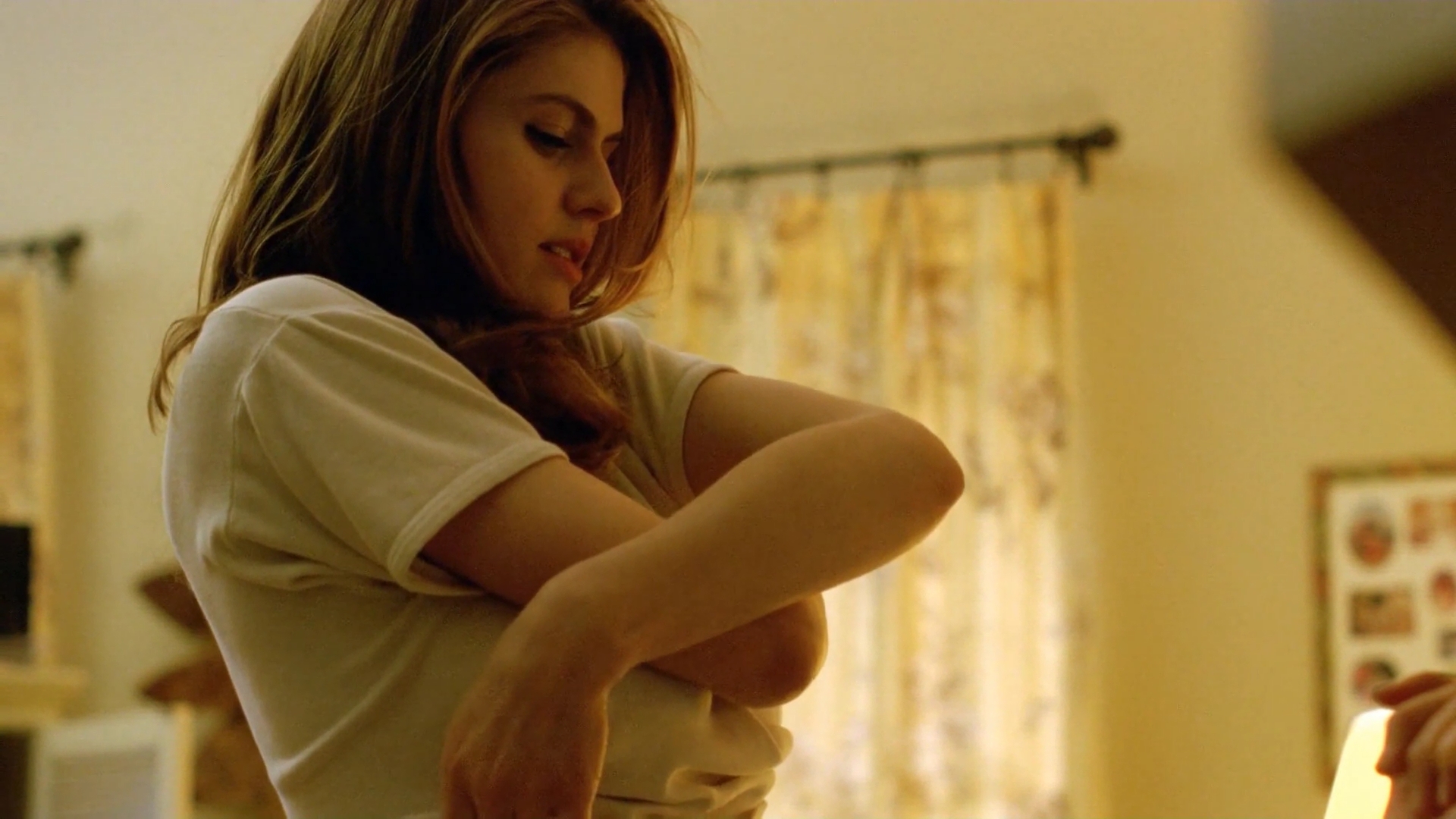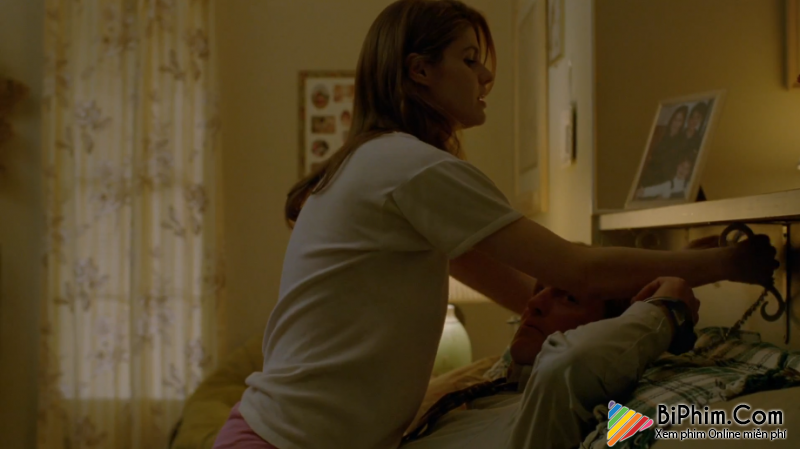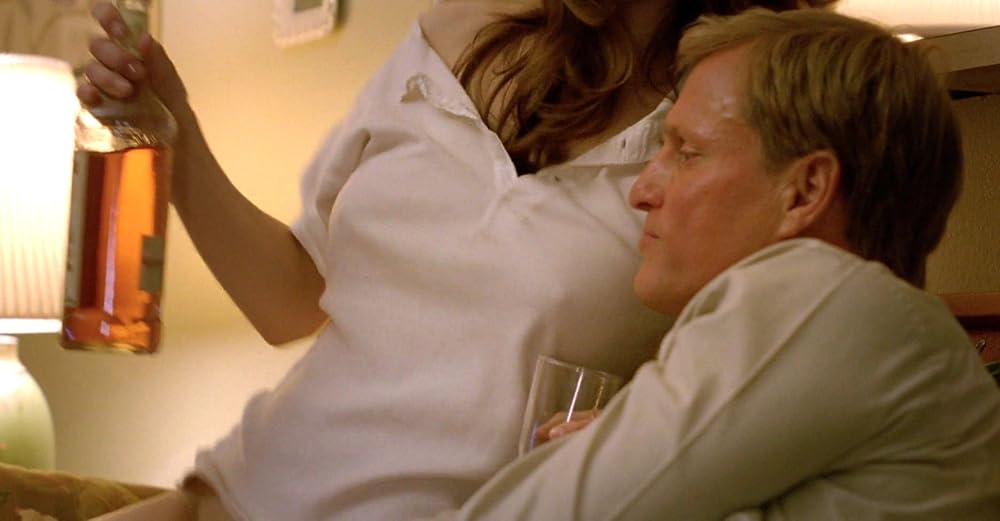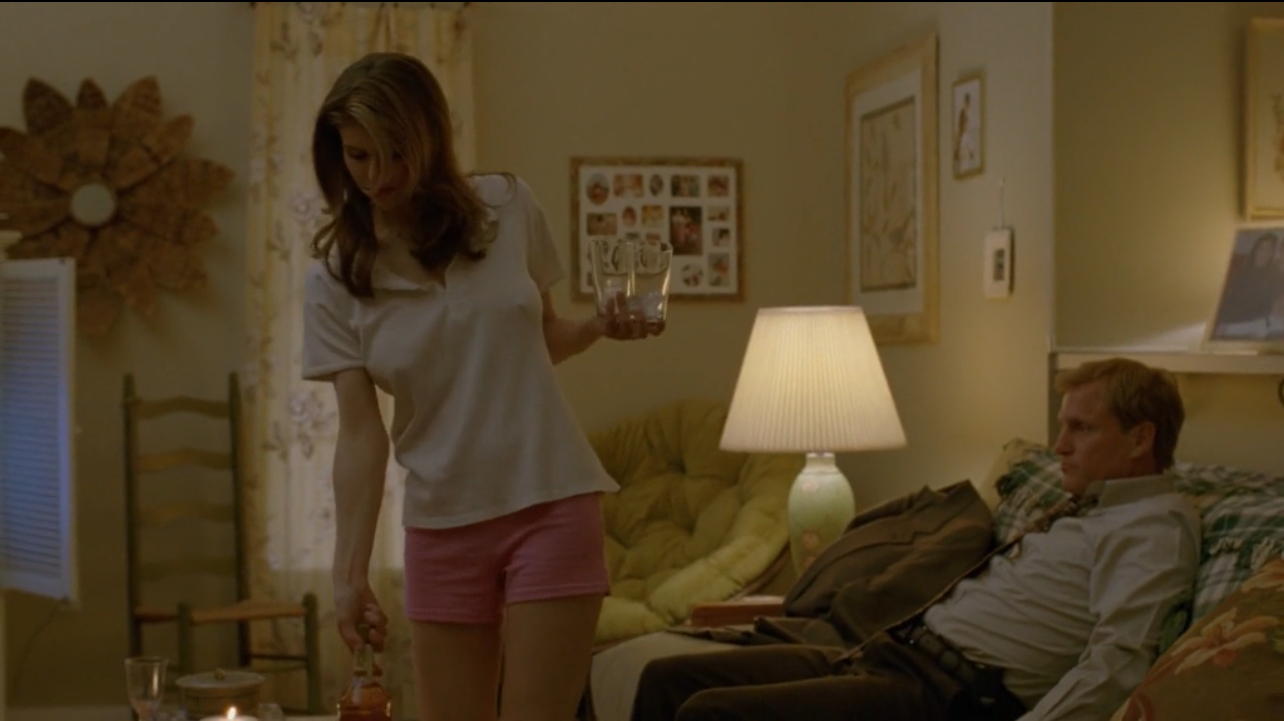𝑻𝒓𝒖𝒆 𝒅𝒆𝒕𝒆𝒄𝒕𝒊𝒗𝒆 (2014)
June 10, 2025
True Detective (2014)
🕵️♂️ Every crime tells a story—some are too dark to be solved.
True Detective (2014) is a gripping, atmospheric crime drama that redefines the detective genre with its haunting performances, intricate storytelling, and deeply philosophical themes. Created by Nic Pizzolatto and directed by Cary Joji Fukunaga, the show’s first season immerses the audience in the bleak, oppressive atmosphere of Louisiana, where two deeply flawed detectives investigate a series of grotesque, ritualistic murders that hint at something far more sinister than a mere crime spree.

The show follows Detective Rust Cohle (played by Matthew McConaughey) and Detective Marty Hart (played by Woody Harrelson), two detectives with vastly different approaches to the case and life itself. Cohle, a cynical and existential thinker, is obsessed with the idea that evil lurks beneath the surface of humanity, while Hart, a more traditional detective, seeks stability amidst his crumbling personal life. Their uneasy partnership drives the investigation into a murder that will unravel not just the mysteries surrounding it, but also the very souls of the detectives themselves.

Matthew McConaughey delivers a career-defining performance as Rust Cohle, capturing the character’s nihilism, intelligence, and inner torment with eerie precision. Cohle is a man haunted by his past, and McConaughey masterfully portrays his descent into obsession, using a subdued, almost mesmerizing style of acting that makes every word he speaks feel heavy with meaning. His philosophical musings on life and death add an intellectual layer to the show, making it more than just a procedural drama—it’s a meditation on the darkness that resides within humanity.

Woody Harrelson, playing Marty Hart, is equally brilliant as the more traditional, family-oriented detective struggling with his own personal demons. Hart’s contrasting approach to the case and life itself creates a compelling dynamic between him and Cohle, and Harrelson perfectly embodies Hart’s frustration, guilt, and internal conflict. The push and pull between Hart’s desire for normalcy and Cohle’s belief in the futility of it all creates a dynamic that fuels both the plot and the emotional core of the series.
The narrative structure of True Detective is also a standout feature. The show weaves a complex timeline, alternating between the investigation in 1995 and a present-day interview in 2012, as both detectives recount the events that led to the unsolved case. This nonlinear approach adds to the mystery and tension, keeping viewers on edge as they piece together the truth behind the murders and the characters’ pasts. The script is sharp, filled with philosophical dialogue, gripping twists, and moments of sheer brilliance that keep you hooked from start to finish.

The cinematography is equally breathtaking. Fukunaga’s direction captures the haunting beauty of Louisiana, from its swamplands to its dilapidated buildings, with a haunting visual style that mirrors the dark, suffocating tone of the show. The filmic quality of each episode, combined with the use of long, unbroken shots, adds to the slow-burn intensity, making each scene feel immersive and alive with tension. The opening sequence alone, featuring a single long shot through a crime scene, is a masterclass in visual storytelling.
The show’s haunting score, composed by T Bone Burnett, adds to the eerie atmosphere, with brooding, soulful music that complements the show’s existential themes and dark tone.

Final Verdict:
True Detective (2014) is a masterpiece of modern television, blending gritty crime drama with deep philosophical exploration. With phenomenal performances by Matthew McConaughey and Woody Harrelson, a gripping, complex narrative, and a chilling atmosphere, True Detective is a show that will stay with you long after the credits roll. It’s a dark, mesmerizing journey into the heart of evil, and a brilliant exploration of the human condition.

